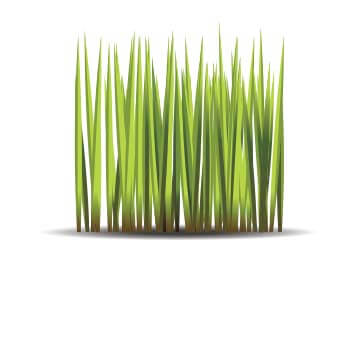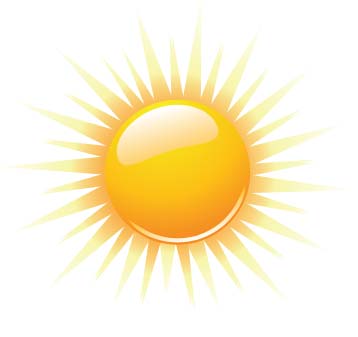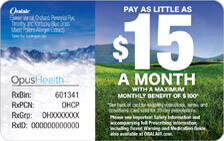ORALAIR® is a sublingual (under the tongue) allergy immunotherapy tablet that may improve symptoms of allergy to 5 of the most common grasses in the United States in children and adolescents 5 to 17 years old. It is a convenient needle-free option that can be taken at home, under adult supervision. Ask your child’s allergy specialist for more information.
Proven Effectiveness in Children With Grass Allergies
Treatment with ORALAIR may reduce your child's grass allergy symptoms during the first season he or she is on treatment. In a medical study, grass allergy symptoms were improved more in children and adolescents who took ORALAIR than those who did not. Those allergy symptoms included:
- Sneezing
- Runny or itchy nose
- Nasal congestion
- Itchy and watery eyes
The children and adolescents who took ORALAIR also took less other allergy medicine during the grass allergy season. Those allergy medicines included over-the-counter and prescription allergy medicines like antihistamines, nasal sprays, and other allergy pills.
You may have side effects from ORALAIR. In medical studies, the most common side effects in children and adults were itching of the mouth, lips, tongue, or throat.
These side effects, by themselves, are not dangerous or life-threatening. They usually go away soon after treatment starts. If you have a side effect that bothers you or does not go away, talk with your allergy specialist. He or she may be able to help you manage it.
Please see additional Important Safety Information below and full Prescribing Information, including Boxed Warning and Medication Guide.
In medical studies of ORALAIR in children and adolescents*
The effectiveness of ORALAIR was measured in medical studies by a daily combined score of how troublesome allergy symptoms were and how much other allergy medicine was used.
*ORALAIR is approved for use in people 5 to 65 years old.
ORALAIR can cause severe allergic reactions that may be life-threatening. Symptoms of allergic reactions to ORALAIR include:
- Trouble breathing
- Throat tightness or swelling
- Trouble swallowing or speaking
- Dizziness or fainting
- Rapid or weak heartbeat
- Severe stomach cramps or pain, vomiting, or diarrhea
- Severe flushing or itching of the skin
If any of these symptoms occur, stop taking ORALAIR and immediately seek medical care. For home administration of ORALAIR, your doctor should prescribe auto-injectable epinephrine for you to keep at home for treating a severe reaction, should one occur. Your doctor will train and instruct you on the proper use of auto-injectable epinephrine.
How To Get Your Child
Started On ORALAIR
ORALAIR is a prescription allergy medicine. Make an appointment with your child's allergy specialist if you think ORALAIR may be right for your child. Because ORALAIR is a treatment that starts about 4 months before the grass allergy season begins, you should talk to your child's doctor to find out when that is.
See our Allergy Specialist Discussion Guide for questions you may want to ask during the appointment
If your child doesn’t have an allergy specialist, visit these Web sites to find one near you:
- American College of Allergy, Asthma & Immunology
- American Academy of Allergy, Asthma & Immunology
- American Academy of Otolaryngic Allergy
Keep track of how ORALAIR is helping your child with the ORALAIR Treatment Tracker. Use it to record your child’s grass allergy symptoms and use of other allergy medicines every day. Talk to your child's doctor if you have any questions




